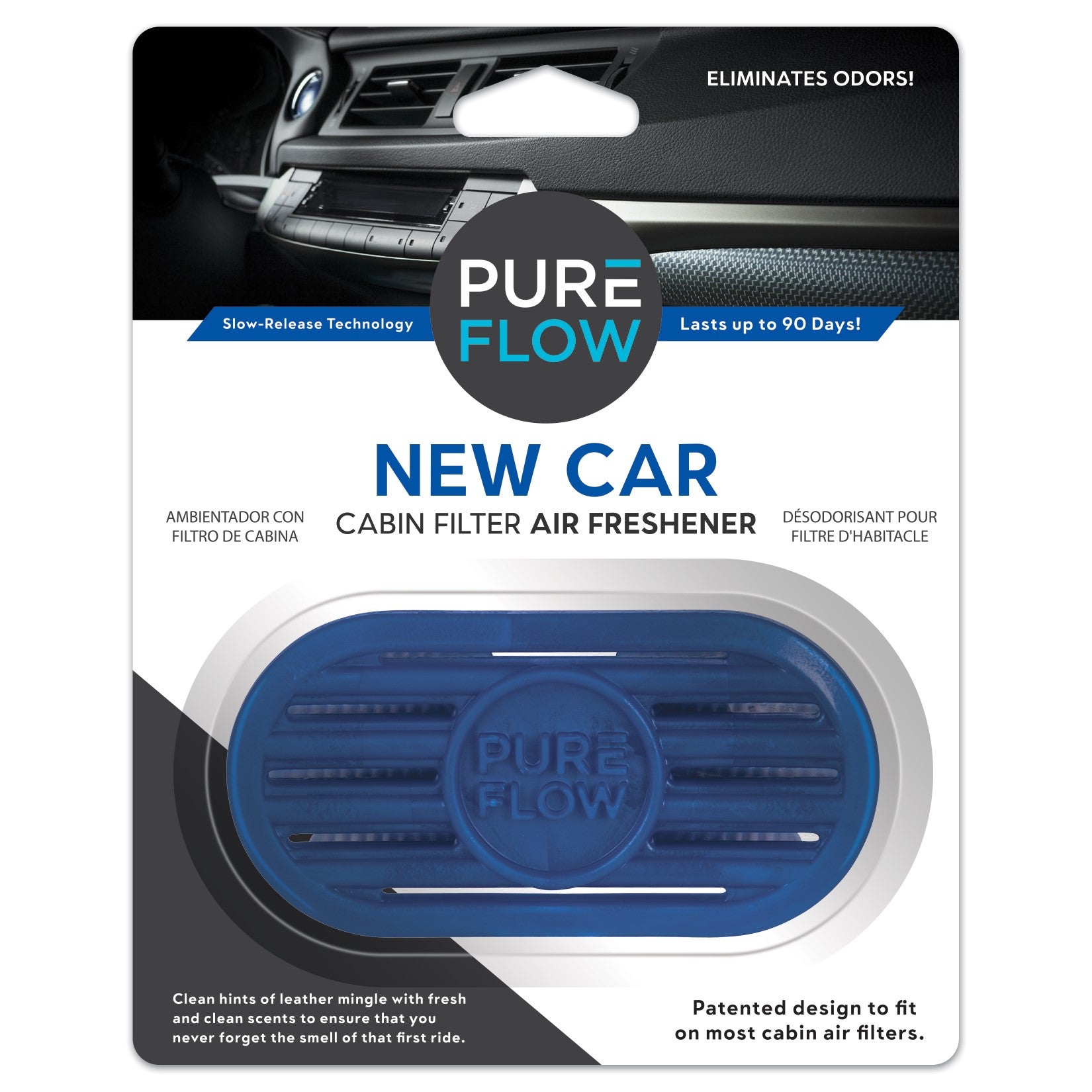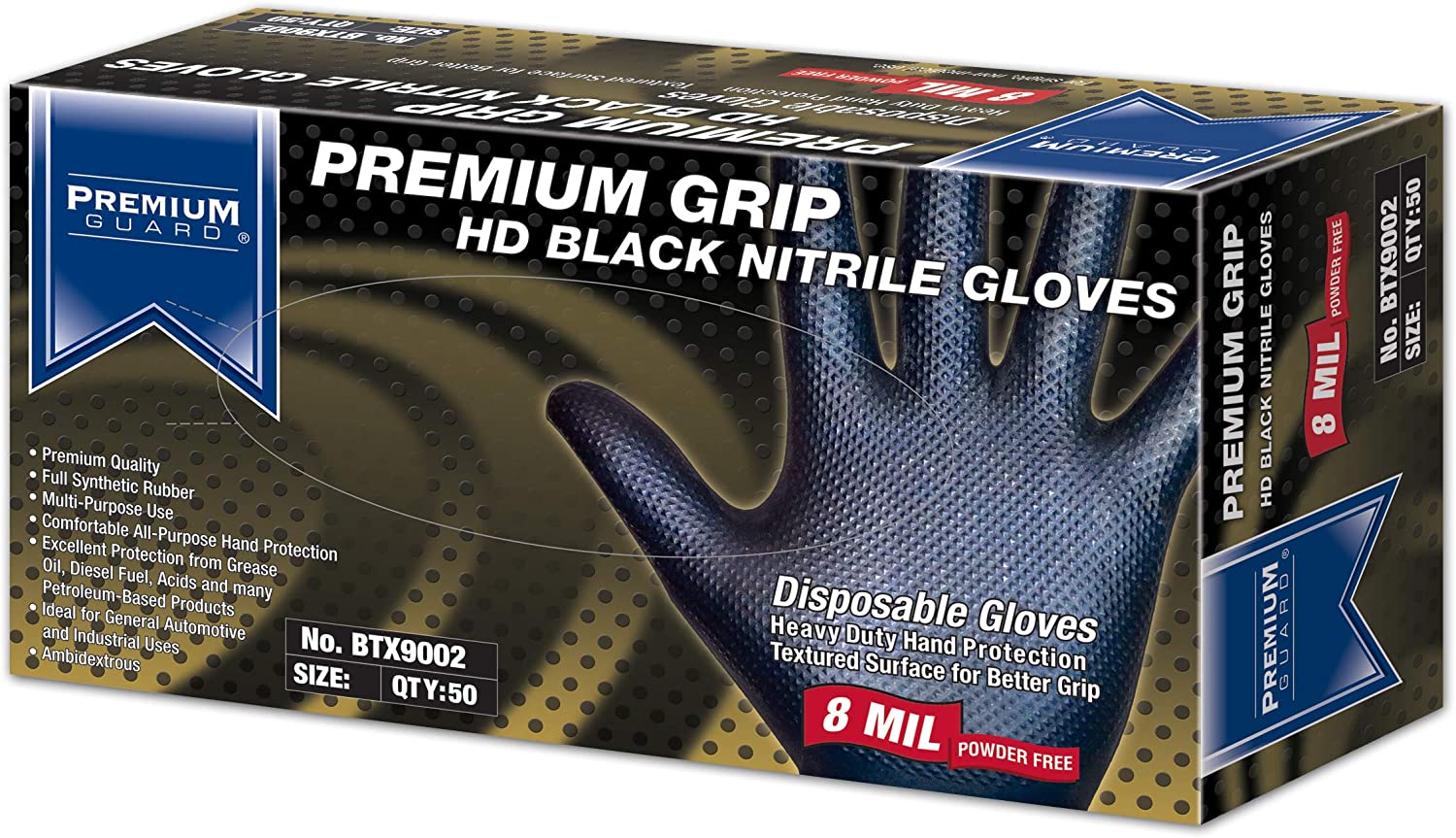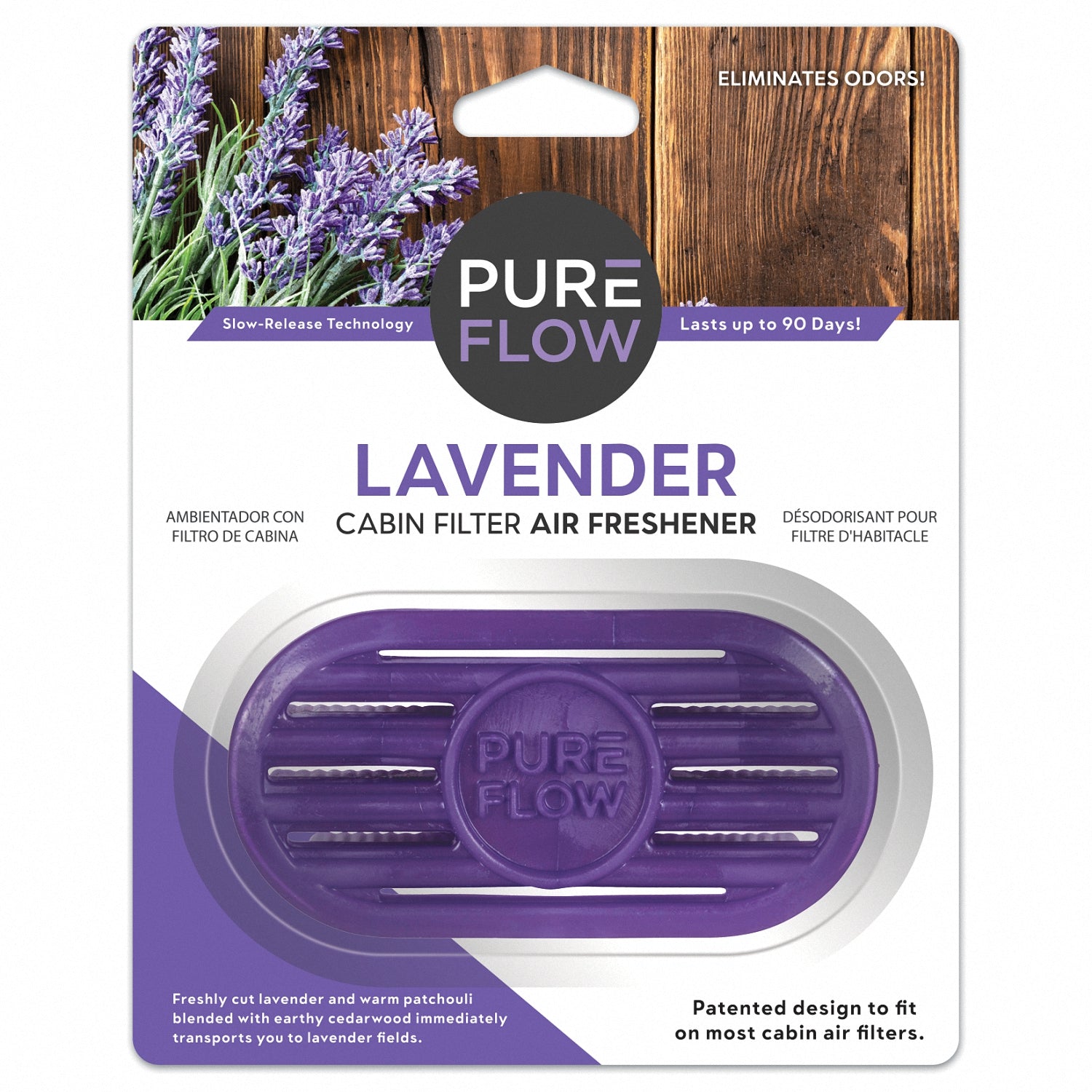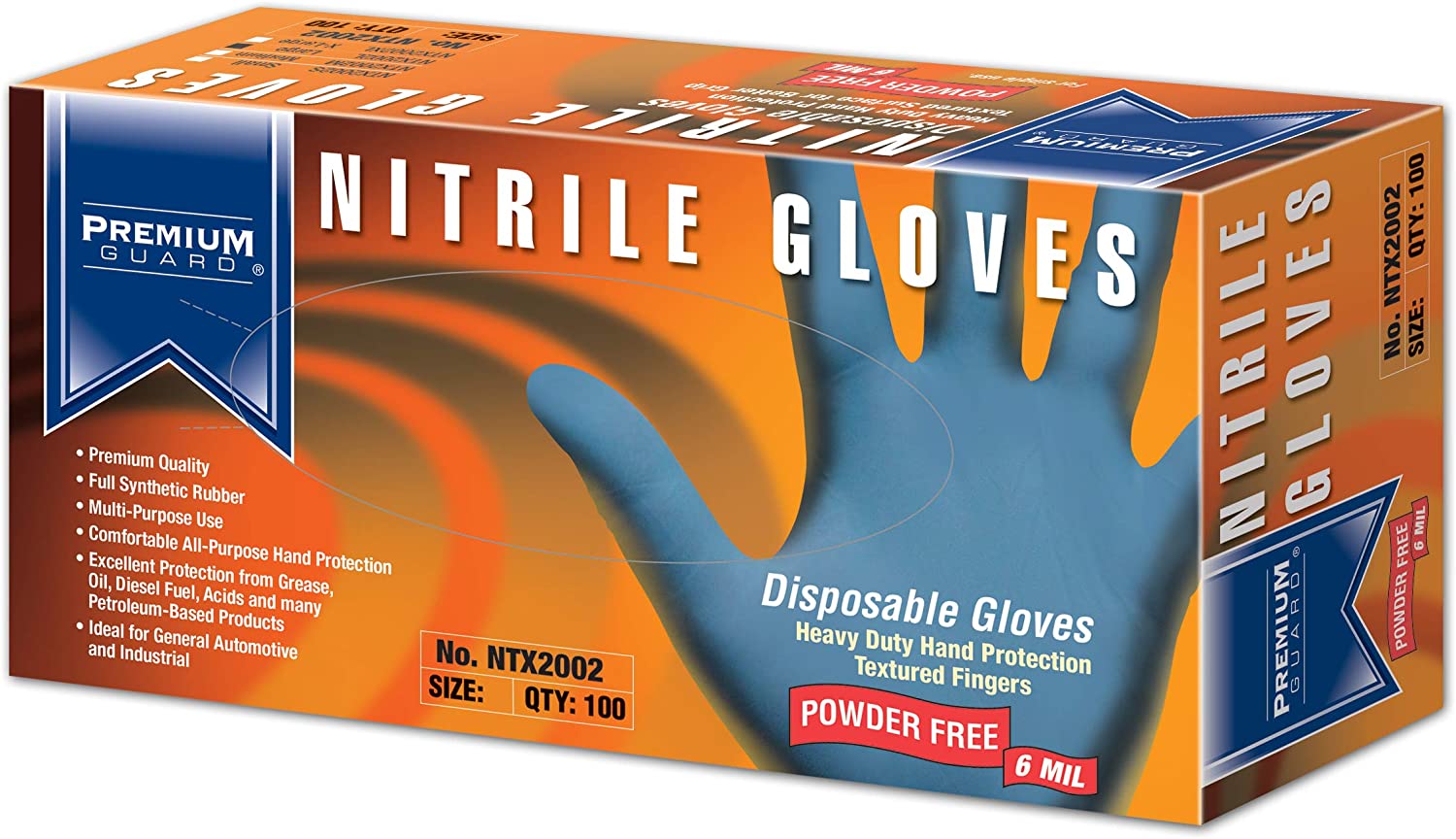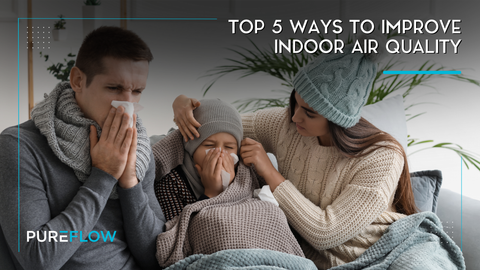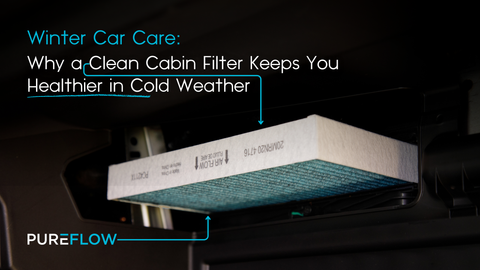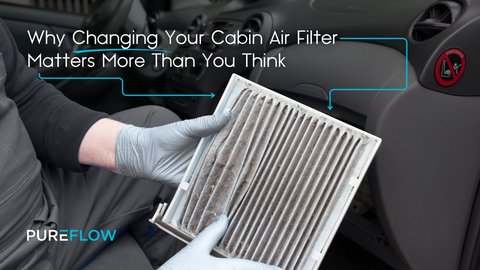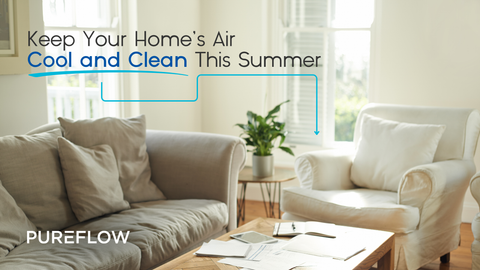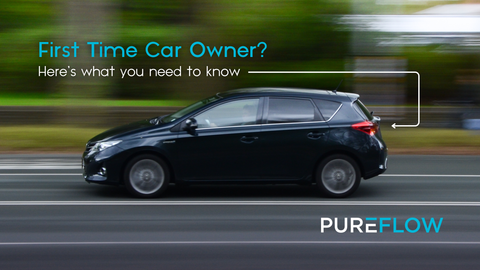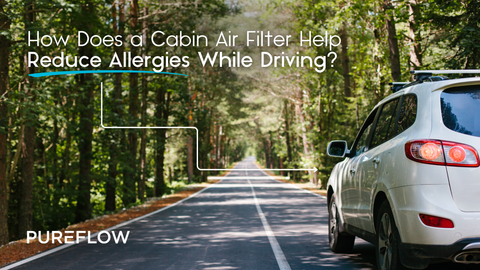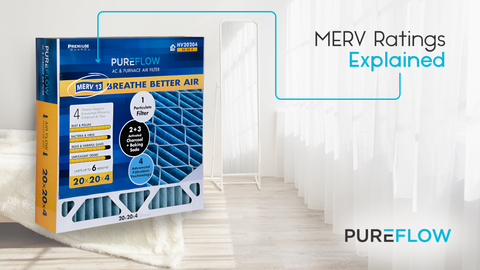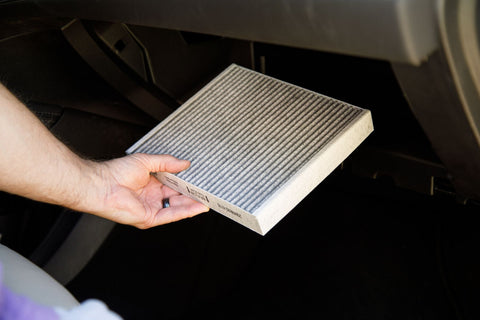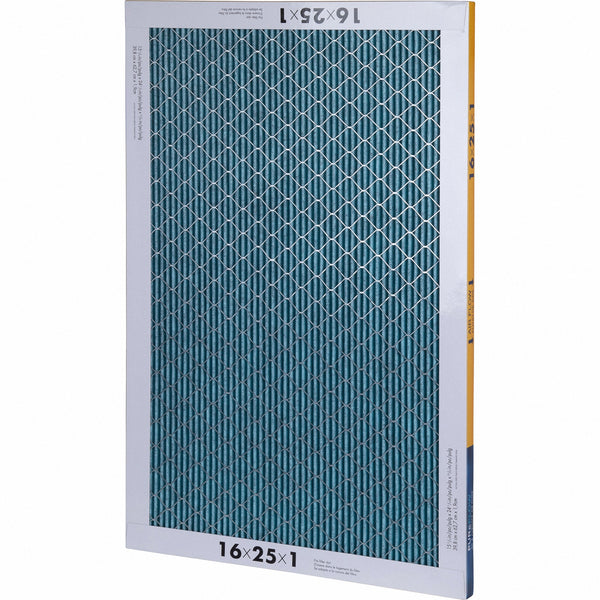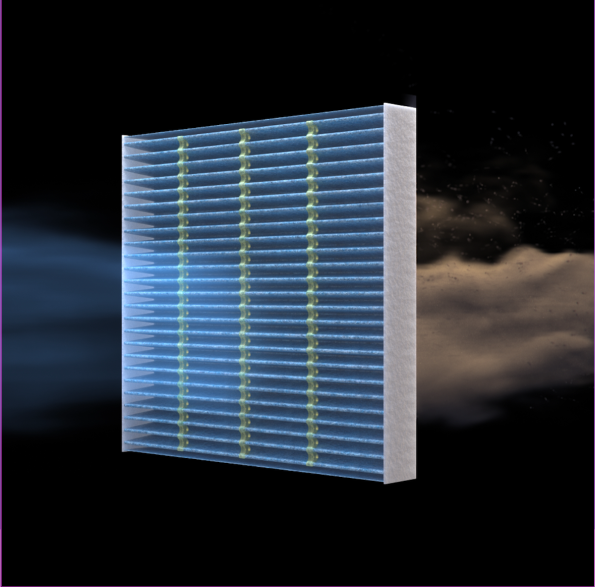Dust. Pollen. Pollution. Highways and roads can be highly contaminated places, but the inside of your car shouldn’t be. Although 76% of vehicles on the road today are equipped with a cabin air filter, most vehicle owners are not aware of their cabin air filter which is specifically designed to clean the air that blows into the interior of their vehicle. These filters are designed to trap debris, pollution, and dust from entering your car. Believe it or not, it's quite easy to replace your cabin air filter on most vehicles, and yet the majority of drivers either don't do it regularly or they drastically overpay their mechanic to replace it for them
So, you may be wondering “how often should I replace my cabin air filter?” The answer really depends on several factors:
- Driving conditions
- Vehicle usage
- Standard maintenance recommendations
By the time you're done reading this article, you’ll have a strong sense of how often you should replace your cabin air filter in order to maintain a healthy air quality inside your vehicle.

Driving Conditions
The driving conditions in which your vehicle endures on a daily basis will affect the frequency of how often your cabin air filter should be replaced. Depending on where you live, the debris in the air can vary drastically not only based on geography but also based on seasonality. For example, if you live in a dry, dusty area such as the desert, you're going to have substantially more dust enter your vehicle, so your cabin air filter will work harder to clean out that contaminated air before entering your car. If you suffer from seasonal allergies, especially those that are more prevalent in the Midwest, South, and Southwest, you probably are familiar with the challenges of breathing in air that is loaded with pollen and other allergens.
Seasonality can also have a great effect because pollens and spores, including mold spores, are released into the air at different times of the year. For example, Spring is especially bad for pollen, while Fall is especially bad due to debris and dust resulting from crushed, fallen leaves which end up in the air around roads, ultimately entering your vehicle.
Another challenging environment that millions of people find themselves in is heavy urban situations where the air quality is extremely poor due to the sheer volume of vehicles on the road, and a large amount of dust and dirt that gets kicked up as a result. Anyone who has taken a long commute in Southern California on a hot summer morning can attest to the poor air quality that's present on a busy, commuter morning. Your cabin air filter is designed to remove these contaminants from the breathable air inside your vehicle. Which is why replacing a clogged cabin filter frequently is essential because when you don’t, you’ll end up breathing in all the nasty debris trapped in the filter. Yuck! Keep in mind that not all cabin filters remove gaseous pollutants, in fact, entry-level cabin filters are designed to remove only dust. However, some premium cabin air filters like PUREFLOW with four stage filtration technology, specifically designed to trap 99 percent of mold, pollen, dust, harmful gases, bad odors, and also inactivating viruses and bacteria.
So, to recap, the more severe your driving conditions, the more often you’ll need to replace your cabin air filter. This could be every 10,000 miles or every 5,000 miles! As soon as you feel a weakened airflow in your vehicle’s HVAC system, it’s time to replace that nasty old filter.
Vehicle Usage
Not all vehicles are used the same way by their owners, which affects how often the interior air filter needs to be changed. For example, if you're a solo driver and you don't have other people in the car very often, your cabin air filter should get less clogged because there are fewer people inside your car. On the flip side, someone who owns a minivan or SUV that drives their children and their children’s friends will definitely have more dust and debris that flows through the HVAC system.
Another strong consideration for more frequent air filter changes is people who own pets and keep these pets within their vehicles. Pet dander and pet hair float in the air and will be pulled into your vehicle's cabin air filter during normal usage. So, if you have pets in your car on a regular basis, your air filter will get clogged more quickly. Vehicle type and usage are often compounded with the driving conditions noted above and these issues can stack on top of one another to create a situation where cabin air filters get dirty quickly.
Standard Maintenance Recommendations
Every single manufacturer lists out a comprehensive maintenance routine for their vehicles. Cabin air filters are among the items that are supposed to be regularly changed as part of a comprehensive maintenance program, but this simple part is often forgotten behind other larger maintenance items like oil changes and fluid changes.
If you have your vehicle regularly serviced at a dealership, they are likely to recommend that your cabin air filter is changed at specific intervals but will charge you heavily for the replacement. For example, Toyota recommends a cabin air filter be changed every 10,000 miles. On average, this will cost over $50 to be installed. However, if you have your vehicle maintenance completed outside of the dealership or if you do it on your own, you are likely to forget that your cabin air filter needs to be replaced regularly. In fact, many owners of vehicles assume that the engine air filter and the cabin air filter are the same thing.
In essence, following your vehicle's maintenance recommendations may be sufficient but there are several situations (such as those noted above) where your vehicle's maintenance recommendations could be inferior and leave your filter dirty or clogged for longer than it should be. You must also consider that if you are paying to get your filter replaced, this cost is greatly enhanced due to the rates that most dealerships and service stations charge.
We'll talk about this in another article but even for the most basic DIY’ers, replacing your cabin air filter is something that anybody can do at home.
Breathe Better Air
As with any other product you buy, not all cabin filters are created equal. Quality cabin filters offer a level of protection to drivers and passengers that exceed the industry standard. PureFlow cabin air filters utilize 4 unique components to achieve clean air quality inside your vehicle:
- Particulate filtration media captures and eliminates particulate matter of dust and pollen with an electrostatic charge.
- Baking soda to absorb bad smells resulting from mold and smoke.
- Activated charcoal traps mold and harmful gases – e.g. carbon-monoxide, sulfur dioxide.
- Antibacterial MicroTechnology that employs both silver and copper ions with proven, long-lasting germicidal effectiveness.
Take a look at our filter search tool to find the right filter for your car, truck, van, or SUV! Or read our blog to stay updated on the latest of filtering technology.




